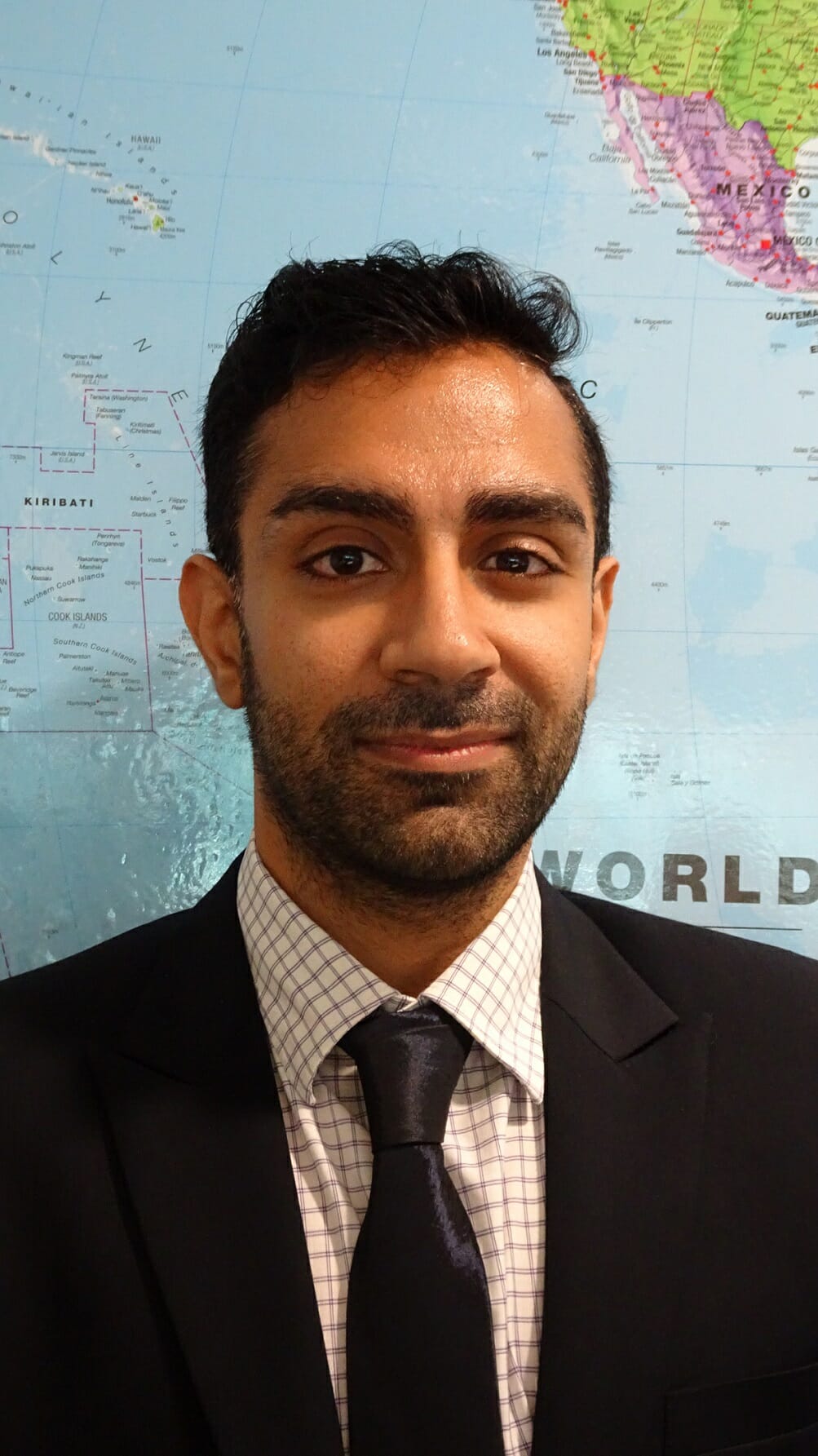The pandemic has added a new layer of complexity to travel and now is the time for Malaysian organisations to be reviewing in detail the potential risks, current updates and best practices to future-proof their business beyond COVID-19. Constantly evolving travel regulations and increased security and health risks mean that trips are now nine-times more likely to result in an evacuation. These findings were released by International SOS, the world’s leading health and security services company with 12,000 clients worldwide.
Not only has global business trip volume increased in 2021 but also, due to the holiday season, many international employees are travelling home for the first time since the start of the pandemic. This increase in travel, combined with the emergence of COVID-19 variant Omicron, has resulted in organisations needing to, once again, turn their attentions to new and emerging risks. Therefore, an employer’s role, and its Duty of Care regarding travel, is constantly evolving. Companies need to help protect their workforce as efficiently as possible though robust and integrated health and security travel policies.
Aditya Luthra, Security Director, Asia Pacific, International SOS, commented: “Understanding of the Omicron variant is rapidly evolving and information is changing every day. As countries around the world are putting travel and other restrictions in place, it is important people are aware that restrictions can be implemented with little or no advance warning. Anyone who is planning to travel should be prepared for the risk that onward travel may be delayed or not possible. Organisations need to ensure that they reconfirm their employee’s itinerary, stay flexible, have appropriate contingency plans in place and regularly check the latest restrictions for destinations.”
“COVID-19 restrictions have generated additional requirements for travellers which, in turn, has led to a surge in demand for their employers to prepare and support them. This is particularly the case for HR and security teams who may be required to provide latest and verified health and security intelligence, advice and assistance,” continued Aditya.
Organisations that promote a culture where travel-related risk is taken seriously, resourced adequately, and managed effectively, will greatly benefit. The dual trends of Omicron and the ‘Great Resignation’ mean that employer due diligence is more important than ever as organisations are under increased pressure to retain current employees and attract new talent.
Jing Tan, Regional General Manager and Director of South East Asia, International SOS, explained, “More employees are returning to travel (for both business and leisure), but restrictions and complexity are here to stay, creating a greater need for organisations to build or review their travel risk management policies. With the recent launch of the ISO 31030:2021 – Travel Risk Management standard, it’s advisable for businesses to conduct a gap analysis to compare and benchmark their existing travel risk management polices with this standard.”
“Over the past 35 years, we have been at the core of supporting organisations’ travel risk management plans. We partner with organisations to prepare and support them in assisting travelling employees globally. Our Tracker prepares employees before their journey and includes features such as real-time alerts and emergency check-in, 24×7 health and security experts’ advice and assistance, TeleConsultation and emotional support. We also work closely with management teams around the globe to helping them understand the new travel environment. Through our solutions, managers are able to assess destination risks, provide pre-travel advice, educate the traveller on the risks, monitor emerging threats to travel, receive risk alerts, locate and communicate with impacted employees and much more,” concluded Jing.










